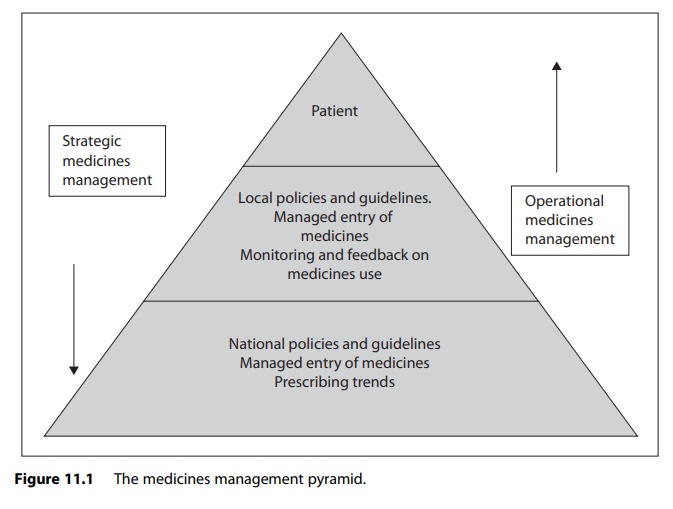Financial risk
| Home | | Hospital pharmacy |Chapter: Hospital pharmacy : Strategic medicines management
In 2009 the National Health Service (NHS) in England spent £12.3 billion on medicines. Hospital prescribing accounted for 30.9% of this expenditure, and whilst the total cost of medicines rose by 5.6% overall, in hospitals the cost rose by 13.2%.
Financial risk
In 2009 the National
Health Service (NHS) in England spent £12.3 billion on medicines. Hospital
prescribing accounted for 30.9% of this expenditure, and whilst the total cost
of medicines rose by 5.6% overall, in hospitals the cost rose by 13.2%. This is
not surprising, as hospital patients are becoming older and have more complex
health problems. Furthermore, newer medi-cines are more complex and expensive.
Indeed, it has been estimated that there are now more biopharmaceuticals
entering the marketplace than conven-tional medicines. In the author’s own
hospital high-cost medicines excluded from tariff now account for over half of
the total medicines budget. As a result, growth in hospital prescribing costs
doubled between 2001 and 2007 compared with a 50% increase in primary care.
Therefore, medicines
management can be seen as risk management. The author’s definition of medicines
management is ‘influencing the availability and policies on medicines at an
organisational level as well as the prescription, use and administration of
medicines at an individual patient level’. This can be best described
pictorially by the medicines management pyramid shown in Figure 11.1. As shown
in this diagram, medicines management processes centred on the patient can be
considered operational and those dealing with policies and guidelines are
strategic. This chapter will focus on the strategic elements of this
definition, with the emphasis on financial aspects. Chapter 12 will focus on
the clinical risks.

